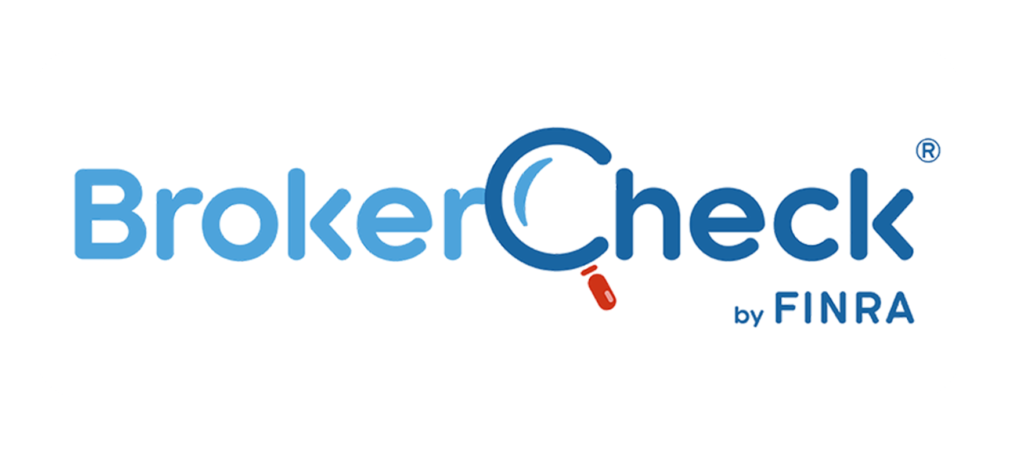A Health Savings Account is like a personal savings account, but it can only be used for qualified healthcare expenses. You must be enrolled in a High-Deductible Health Plan to be eligible for a health savings account. Here are some of the top benefits of having a health savings account.
The Many Advantages of a Health Savings Account
First, there are many eligible expenses included in an HSA. A wide variety of dental, medical, and mental health services are qualified expenses. Second, while there are limits to how much can be contributed each year, contributions can come from anywhere. Your employer, you, a relative, or anyone else that wants to add to your HSA can do so.
Annual Contributions
The limit for individuals in 2021 is $3,600 and for families, it is $7,200. After you reach age 55, you can add an additional $1,000 “catch up” in contributions.
Pre-Tax Contributions

Another great benefit is that contributions are typically made with pre-tax dollars through payroll deductions. Therefore, they are not included in your gross income and are not subject to federal income taxes. Furthermore, in most states contributions are not subject to state income taxes either.
Tax-Deductible After-Tax Contributions
If you make contributions with after-tax dollars, you can deduct them from your gross income on your tax return, thereby reducing your tax bill for the year.
Tax-Free Withdrawals
Withdrawals made from your health savings account are not subject to federal (or in most cases, state) taxes if they are used for qualified medical expenses. However, HSAs can also be used as investment accounts, allowing you to purchase stocks and other securities to potentially boost your returns. This method is not recommended for everyone since it does carry the risk of loss of principal.
Tax-Free Earnings
Any interest or other earnings on the money in the account is tax-free. Most HSA accounts earn a minimal amount of interest, less than 0.1%.
Annual Rollover
If you have money left over in your health savings account at the end of the year, it simply rolls over into the next year. Many people find this appealing since Flexible Spending Accounts do not allow for this same type of rollover.
Portable Health Savings Account
If you change health insurance plans, switch jobs, or retire, the money in your health savings account remains available for your future qualified medical expenses. You decide how and when to use the funds.
Convenience
Typically, your health savings account will issue a debit card that allows you to pay for prescription medications and other eligible expenses immediately. If you choose to wait for a medical bill, you can call the billing center and make a payment over the phone using your HSA debit card. Furthermore, if you choose to pay for a medical bill with an alternative form of payment, you can reimburse yourself out of your HSA.
Benefits Advisor on Health Savings Account in Northern Virginia
If you are enrolled in a high-deductible health plan, you should be taking advantage of the tax benefits of your health savings account. Contact Argent Bridge Advisors to learn more about the benefits of a health savings account.





